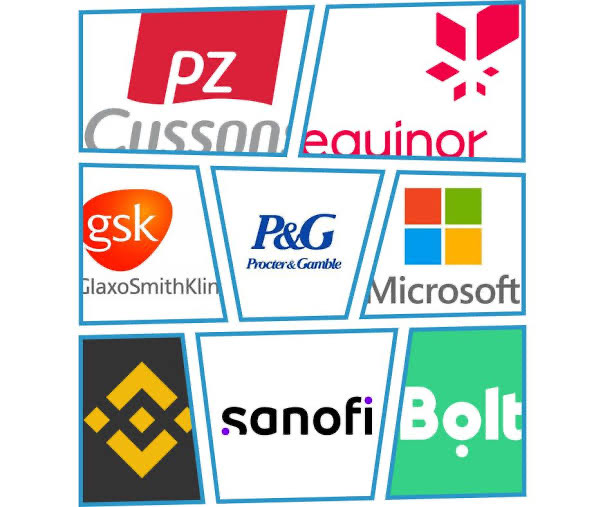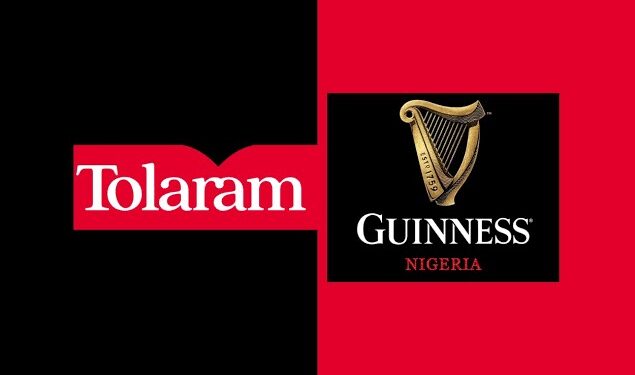Several multinational companies have scaled back their operations in Nigeria, transferred ownership, or sold shares. The most recent example is Diageo’s sale of its 58.02% stake in Guinness Nigeria to Tolaram Group on June 11, 2024.
Dr. Nwani explained to Journalists that he calculated the economic impact by assessing the valuation and value creation of these multinational companies, taking into account factors such as employment, salaries and turnover. He has been monitoring Nigerian economic data for two decades and has included a comprehensive list of companies in his analysis to arrive at the final figure.
In 2020 alone, more than 10 companies have ceased operations in Nigeria, including Standard Biscuits Nigeria Ltd, NASCO Fibre Product Ltd, Union Trading Company Nigeria PLC, and Deli Foods Nigeria Ltd.
In 2021, over 20 companies have exited, including Tower Aluminium Nigeria PLC, Framan Industries Ltd, Stone Industries Ltd, Mufex Nigeria Company Ltd and Surest Foam Ltd.

The trend has continued in 2022 with the exit of over 15 well-known brands, including Universal Rubber Company Limited, Mother’s Pride Ventures Limited, Eland Products Nigeria Limited, and Gorgeous Metal Manufacturers Limited.
The exodus has continued in 2023 with the exit of over 10 major companies, including Unilever Nigeria PLC, Procter & Gamble Nigeria, GlaxoSmithKline Consumer Nigeria Limited, Shoprite Nigeria, Sanofi-Aventis Nigeria Limited, Equinox Nigeria, Bolt Foods & Jumia Foods Nigeria.
Also exiting in the first half of 2024 were the big five companies including Microsoft Nigeria, Total Energies Nigeria, PZ Cussons Nigeria PLC, Kimberly-Clark Nigeria, and Diageo PLC. Dr. Nwani stressed that the biggest factor in Nigeria’s N94 trillion loss was the closure of Microsoft’s Africa Development Centre in Lagos on May 8, 2024.
The closures and subsequent announcement by Microsoft that it would invest $100 billion in Kenyan data centers highlighted the magnitude of the impact on the economy.
Cumulative production and potential investment losses from 2020 to 2022 reached 24 trillion naira.
From 2023 to the first half of 2024, major withdrawals of multinational companies, such as Microsoft’s withdrawal, accounted for more than 50% of the total.

The main reasons for the exodus were stated by Dr. Nwani, who cited the foreign exchange crisis, the worsening security situation, and the power supply crisis that has resulted in exorbitant energy costs. He warned that if these problems continue, at least 10 more prominent multinational companies may withdraw from Nigeria by the end of the year.
He stressed that the government needs to address these key issues to prevent further economic decline. Professor Olusegun Ajibola of Babcock University noted that the withdrawal of multinational companies was mainly due to the devaluation of the naira, which eroded the value of foreign investments.
This, he explained, often leads multinational companies to sell their shares rather than continue operating in a difficult economic environment. Ajibola noted that despite the departures, new companies are still flocking to Nigeria, highlighting the country’s potential as an attractive market for international investors.
He acknowledged that while Nigeria faces significant challenges, it also offers opportunities for those willing to navigate its complexities.



































